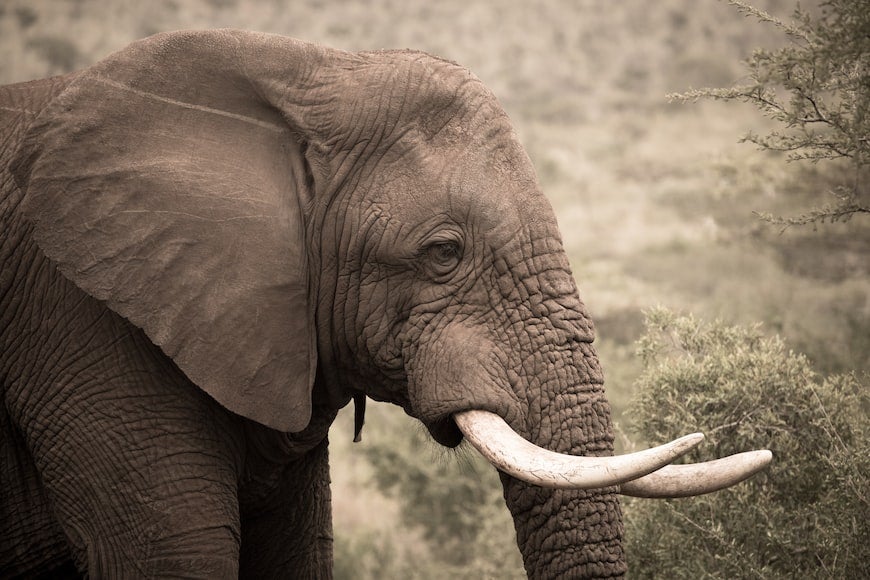Angolan authorities arrest two suspected suspected elephant poachers
The accused were eating the elephant meat when neighbours reported them to the police

Your support helps us to tell the story
From reproductive rights to climate change to Big Tech, The Independent is on the ground when the story is developing. Whether it's investigating the financials of Elon Musk's pro-Trump PAC or producing our latest documentary, 'The A Word', which shines a light on the American women fighting for reproductive rights, we know how important it is to parse out the facts from the messaging.
At such a critical moment in US history, we need reporters on the ground. Your donation allows us to keep sending journalists to speak to both sides of the story.
The Independent is trusted by Americans across the entire political spectrum. And unlike many other quality news outlets, we choose not to lock Americans out of our reporting and analysis with paywalls. We believe quality journalism should be available to everyone, paid for by those who can afford it.
Your support makes all the difference.Angolan authorities arrest two suspected suspected elephant poachers
SELL: The accused were eating the elephant meat when neighbours reported them to the police
By Gaspar Jindanji for Epito Reporter
Angola’s Criminal Investigation Service (SIC) in Bengo Province bordering the capital city Luanda, detained two poachers for killing an elephant in the municipality of Pango Aluquém.
The detention took place this Monday due to complaints from people who saw the accused consuming and selling meat from the great mammal. The two, José Sebastião and Malambo Castro, aged 28 and 30, respectively, countered the accusations by saying that they found the animal already dead and that they only enjoyed the meat and ivory in the company of other people from their community.
José Sebastião and Malambo Castro also stated that the elephant in question was a calf, allegations refuted by environmentalist Júlio Bravo who stated that the average lifespan of an elephant is 58 years and an individual of this species only has tusks when it reaches adulthood so it is impossible for a calf to have tusks the size found in the possession of the accused.
The provinces of Bengo and bordering Kwanza Norte have recorded the presence of some herds of elephants, and in some cases, individuals from these herds get lost and appear alone in residential areas, a fact that sometimes generates panic and uproar that require the intervention of environmentalists and specialists from the Civil Protection Services, as well as firefighters.
The SIC spokesperson in Bengo, Peterson Casul, stressed that all Ministry of the Interior services at the level of the two provinces are oriented to help environmental inspectors in combating poaching and other practices that harm the environment..
This article is reproduced here as part of the African Conservation Journalism Programme, funded in Angola, Botswana, Mozambique, and Zimbabwe by USAID’s VukaNow: Activity. Implemented by the international conservation organization Space for Giants, it aims to expand the reach of conservation and environmental journalism in Africa, and bring more African voices into the international conservation debate. Written articles from the Mozambican and Angolan cohorts are translated from Portuguese. Broadcast stories remain in the original language.
Read the original story here:
Join our commenting forum
Join thought-provoking conversations, follow other Independent readers and see their replies
Comments